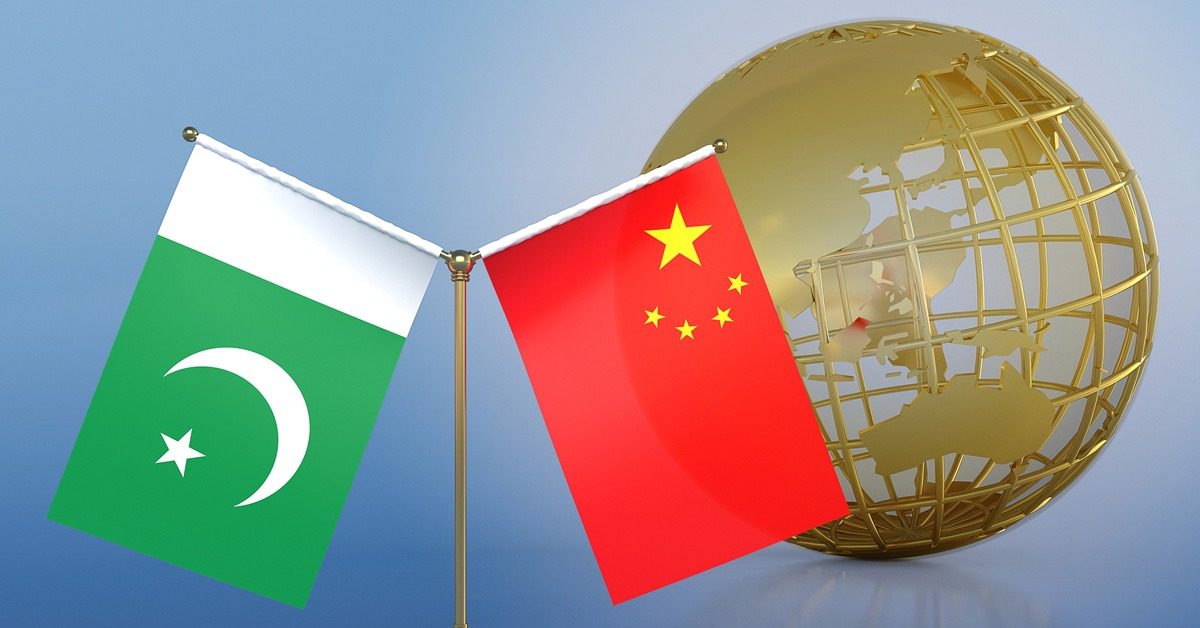ISLAMABAD: To boost agricultural partnership between Pakistan and China, the Diplomatic Insight Group (DIG) welcomed a notable group from China, which included leading agricultural experts and business executives.
According to Gwadar Pro, this important event aims to stimulate talks on novel agricultural techniques, sustainable development, and the promotion of international agricultural cooperation.
Dr. Farhat Asif, Chairperson of Diplomatic Insight Group, and CEO Mr. Muhammad Asif Noor greeted the Chinese group at their office. The delegation includes Prof. Dr. He Cheng from China Agricultural University, Prof. Dr. Wang Jingyu from Northwest A&F University, and executives from renowned enterprises such as Tianjin Henrylead Biotechnology Development Co., Ltd. and Fujian Shengnong Biotechnology Co., Ltd.
The Diplomatic Insight Group’s subsidiary, the Centre for Belt and Road Initiative (BRI) and China Studies-Institute of Peace and Diplomatic Studies (IPDS), is already making significant contributions to Pakistan’s agriculture sector.
IPDS is leading the way in bridging the knowledge and technological gap between Pakistan and China in agriculture by hosting seminars, webinars, and conferences, as well as helping Chinese agricultural firms in Pakistan.
The topic was enriched as participants examined the future of agricultural and livestock management, including animal growth, vaccine improvements, and dairy product manufacture, such as cheese.
Particular attention was placed on technical and scientific innovations to improve the health and production of cows, buffaloes, and other animals, demonstrating a common vision for a more sustainable and efficient agricultural future.
One of the most informative aspects of the meeting was the application of sophisticated scientific and technology solutions in livestock management.
The specialists looked at the development of comprehensive poultry vaccination programs, novel cheese making methods, and advances in cow and buffalo health.
These conversations underlined the potential for considerable improvements in animal welfare and productivity, as well as the necessity of sustainable practices throughout the global food supply chain.
This summit created the framework for future cooperative ventures, exchange programs, and research efforts that promise to alter agricultural and animal management throughout the world.

